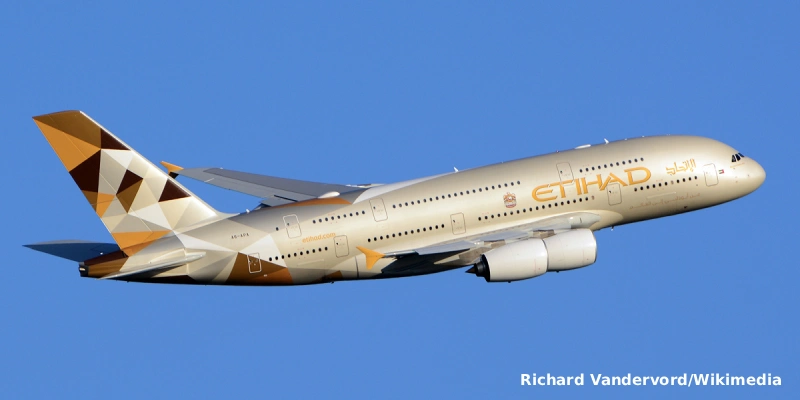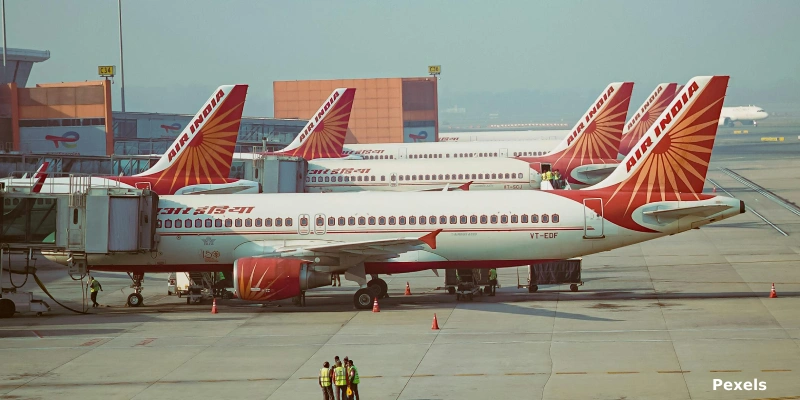On Wednesday night, the Colombian Ministry of Health announced Resolution 1972 of 2020, which updates the biosafety protocol for the management and control of the risk of coronavirus in air transport and, incidentally, eliminates the requirement of a negative PCR test 96 hours in advance for passengers entering the country.
See also: Turkish Airlines resumed flights to Colombia and Panama.
This had been one of the requirements established in the midst of the reactivation of international flights, which took place on September 19.
However, in the update of the protocol, the request for this document is cancelled and the only requirements for boarding the flight are not to present fever or respiratory symptoms associated with covid-19 and to fill out the forms provided in the Check-Mig application, El Tiempo reported.
“For their part, the airlines must inform their passengers that upon arrival in Colombia they will be monitored by their insurer, Health Secretariats or through the National Contact Center for Tracking (Ccnr). These entities, as well as the airport operators, have the commitment to remind their travelers that the use of the mask is mandatory for all persons over two years of age during the entire flight,” indicated the Ministry.
See also: Copa Airlines resumes flights to 3 cities in Colombia.
The announcement caused a stir. The mayor of Bogotá, Claudia López, reacted by stating: “When the airport was reopened, the Ministry of Health promised to carry out the tracking and epidemiological fence of the passengers. It never fulfilled! Now it also takes away the obligation of the PCR, which is required of Colombians when they travel. What part of ‘we have to take care of ourselves’ have we not understood?
The Secretary of Health of Bogota, Alejandro Gomez, said in Caracol Radio: “We believe that the measures of care must remain. We are surprised that this measure is being lifted. We think that the golden test is the RCP. To remove it is not judicious at this time. All the mechanisms we take to prevent an increase in cases should be taken.
In the 1972 resolution the portfolio explains the reasons for the decision. First, it states that the World Health Organization (WHO) in the document “Resumption of Non-Essential International Travel in the Context of Pandemic: Guidance on the Use of Testing” asserts that the request for these results “is not efficient as a control measure in countries with community transmission” and therefore does not recommend this pre-requisite for shipment.
In that document, WHO writes: “This recommendation is made in view of the effectiveness of currently available testing technology and the biological and epidemiological challenges, as well as legal, operational and resource constraints.
The Ministry also argues that a negative result “does not generate certainty that the traveler is not incubating the virus.
“At the current moment of the epidemic in Colombia it is the same coming from Madrid (Cundinamarca) as from Madrid (Spain). The key is that people who travel comply with biosecurity measures, do not travel sick and if they present symptoms, isolate themselves and report them,” said Carlos Alvarez, infectious disease expert and national coordinator of covid-19 studies for the WHO.
In any case, the Ministry affirms that in the absence of proof as a requirement, the health status of international travelers will be monitored through the CCNR during the 14 days following arrival.
According to Migration Colombia, an average of 3,000 people enter the country by air each day. In October, there were 97,696, including crews, of which 66 percent were Colombian citizens.
The vice minister of health, Luis Alexander Moscoso, said in an interview with BLU Radio that the CCNR currently has 30 workers in charge of following up on these travelers and all confirmed and suspected cases in the country.
He added about the tests: “There are less and less countries that ask for these PCR tests to enter. The United States and most of Latin America, for example, no longer impose it as a requirement.
“We must be clear that what is important here is not the tests but the disease, and to the extent that we can follow up on confirmed and suspected cases, we will be able to really mitigate the impact of Covid-19.
Related Topics
Etihad to Deploy Airbus A380 to Bangkok for First Time: Increased Capacity and Thailand Debut of “The Residence”
Air India Records Highest Rate of Technical Incidents in 14 Months During January
Embraer and Adani Defence & Aerospace Elevate Alliance: Agreement for an E175 Final Assembly Line in India
Lufthansa Group and Air India Sign MoU for Joint Business Agreement Following EU-India Free Trade Deal
Líder en noticias de aviación




